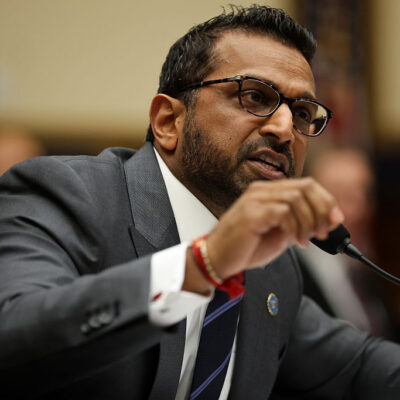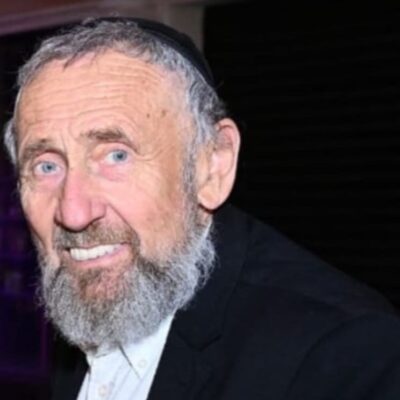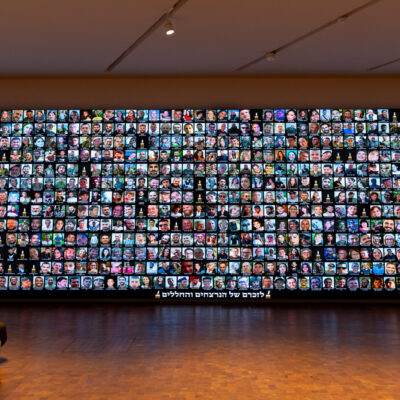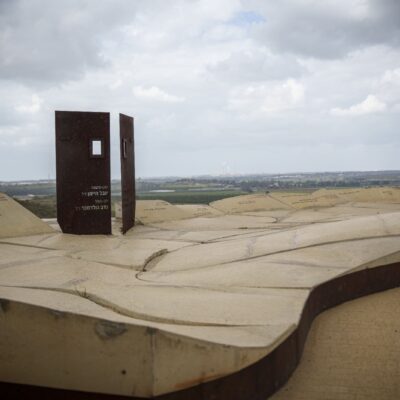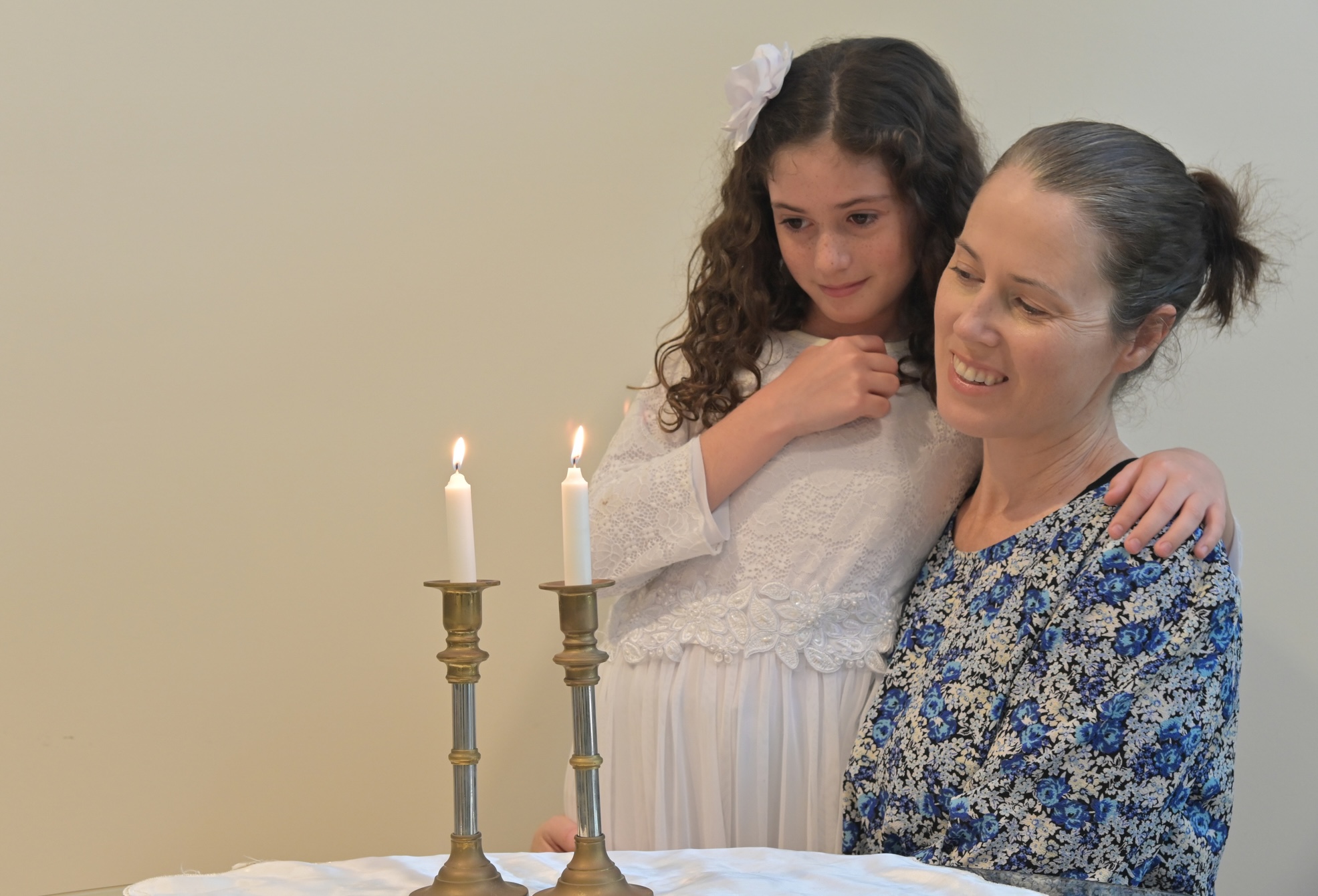Opinion
The Importance of Ownership
 by David Cygielman
by David Cygielman
It’s time to take the training wheels off the next generation’s bikes. If we want to create vibrant Jewish communities for young adults, it is critical that these folks feel proprietorship over what they are building. Without having a sense of ownership over their own work, our young leaders will not be empowered to take control of their own success and it will become impossible for us to cultivate new leaders. It is not enough to just give young adults a seat at the table – we need to give them the tools, support and, most importantly, the confidence to build and engage Jewishly in ways that make sense and have meaning to them. This is the only way to help ensure strong leaders for the Jewish communities of the future.
Overcoming the Fear of Letting Go
Giving up control to let young adults establish their own leadership is not easy, but it is necessary. When filling a position, the natural desire is to want someone to take over what has already been built. We look for someone who has been groomed for the position and can follow the same trajectory. But, because the needs of the community are changing so rapidly, the paradigm for succession might look very different.
I remember being a new student to UC Santa Barbara and going to check out Hillel. I liked the idea of it, but the programs did not speak to me or to my friends. We felt like the Program Director was not particularly engaging and as a result, we faulted her for our lack of enthusiasm. After a series of conversations with the Executive Director, he let us know that the Program Director would no longer be with the organization but that they would wait to hire a replacement until the following year. All of a sudden, we had no one to blame for our lack of involvement.
So, we planned programs, we hosted events and we led activities that we were excited about. Suddenly, if a program wasn’t what we wanted, it was on us – there were no fingers to point. We took on the responsibility and program numbers started to grow significantly. I remember thinking that this is what engagement should feel like – like something that I was proud of and that was truly in our own hands.
Striking a Balance of Powers
For Moishe House, we strive to help residents understand that they are building their own communities. We are here to support them, but the work is truly theirs. Now, as the CEO of a second-stage Jewish organization and not as a college student trying to go to Hillel events, I see things from the other side of the issue. I understand that it can be hard to create the type of involvement that young adults are excited about while still fulfilling organizational needs and the needs of stakeholders. But I know that if we want our Moishe House communities to achieve their mission, we need to give a good amount of freedom. We expect each house to host a variety of programming, but whether that looks like a Shabbat dinner hosted with NEXT: A Division of Birthright Israel or a night celebrating Havdallah under the stars, we want the residents to create and lead activities that work for them.
If we don’t maintain a balance between leadership autonomy and Moishe House’s larger needs, the system will collapse.
Looking Ahead
Our job is to create a type of engagement that gives residents and other young Jewish adults the power to develop within our framework. We aim to avoid cookie cutter programming. We want to promote creativity and ownership. We don’t want Jewish 20-somethings to feel like they’re being dictated to. We want them to envision and embody Jewish community in a personal way.
It is impossible to completely predict the future, but if we have all elements in the right places for young adult empowerment and engagement, only good innovations will come for the community.
David Cygielman is founder and CEO of Moishe House.

 Add EJP on Google
Add EJP on Google
